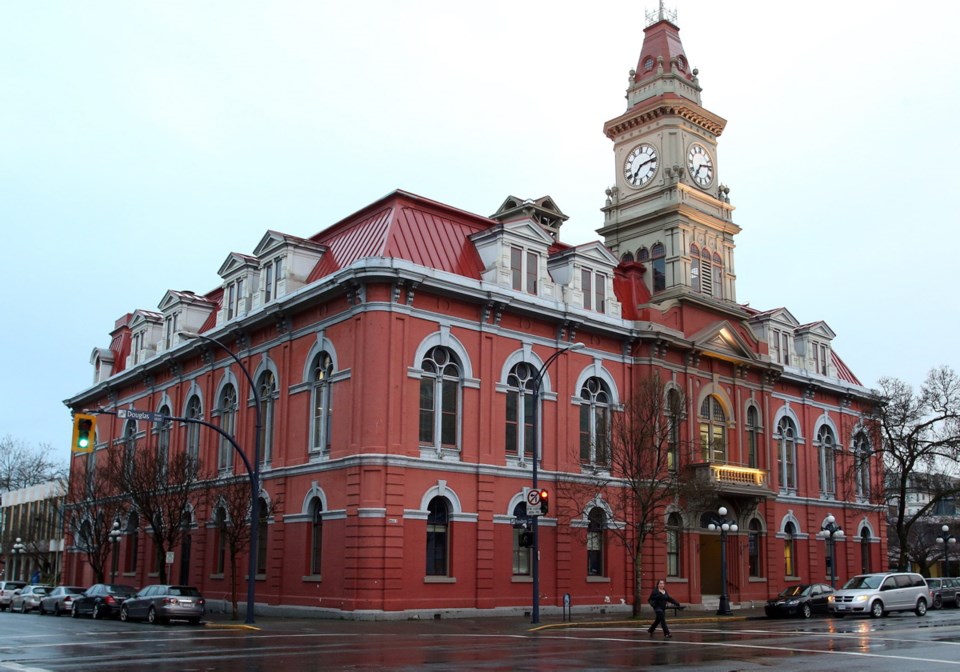The NDP government continued its push Monday to get big money out of B.C. politics with a bill to ban union and corporate donations from civic and school board elections.
Municipal Affairs Minister Selina Robinson introduced legislation that aims to reform election campaign financing in time for the 2018 municipal elections.
Proposed amendments to the Local Election Financing Act will prohibit unions, corporations and non-B.C. residents from donating to candidates, third-party advertisers or elector organizations that endorse a slate of candidates.
Under the bill, an individual will be able to donate a maximum of $1,200 a year to the campaign of a candidate or an elector organization — including all of its endorsed candidates.
Robinson said a donor could still make multiple $1,200 contributions to independent candidates in one or more jurisdictions.
“Right now, there are no limits to how much money people or organizations can donate to candidates or elector organizations in local elections,” Robinson said.
“It’s been a Wild West in political fundraising here and people want change. Deep pockets shouldn’t decide elections. People should.” Robinson credited the District of Oak Bay and Coun. Kevin Murdoch with spurring the province to introduce legislation prior to elections on Oct. 20, 2018. The Union of B.C. Municipalities unanimously agreed last month to endorse an Oak Bay resolution, drafted by Murdoch, that urged the province to get big money out of local government elections.
Robinson said support for the Oak Bay resolution “lit a fire” and “got us to work harder on their behalf.”
Oak Bay Mayor Nils Jensen called the new legislation “a victory for democracy” and for the rule of the people. “The bill’s impact will be felt right across British Columbia, particularly in communities where large budgets are perceived to impact electoral outcomes.”
UBCM president Wendy Booth praised the province for acting early in its mandate. “Elections shouldn’t be won or lost on whoever has the most money,” she said. “Our members have supported changes for years because we recognize the potential for large donations from organizations and individuals to skew campaigns. That’s not fair and we think these changes will level the playing field for candidates.”
The legislation generally mirrors election financing changes at the provincial level with a few variations, Robinson said. “Notably, the proposed amendments do not include any form of public financing or income tax credits as public financing does not currently exist at the local level,” Robinson told the house. Her government came under fire last month for announcing that provincial parties will receive a temporary taxpayer subsidy as they adjust to new rules that ban union and corporate donations and cap individual contributions.
The new rules, if passed, will be retroactive to Oct. 31 “to prevent prohibited contributions” from being made between the time the bill is introduced and the time it receives royal assent. The $1,200 limit will not apply to money received prior to the law taking effect and candidates will be able to use that money for the 2018 campaign.
Robinson said the bill makes minor changes to the definition of a third-party advertiser so that people don’t run afoul of the law for expressing personal opinions. “This amendment is intended to help ensure that people who put out home-made signs, for example, are not considered a third-party advertiser and therefore not subject to these rules.”
B.C. Green Party Leader Andrew Weaver said in a statement that he is “thrilled for the municipalities of this province that their next elections will be free of the influence of big money.”



